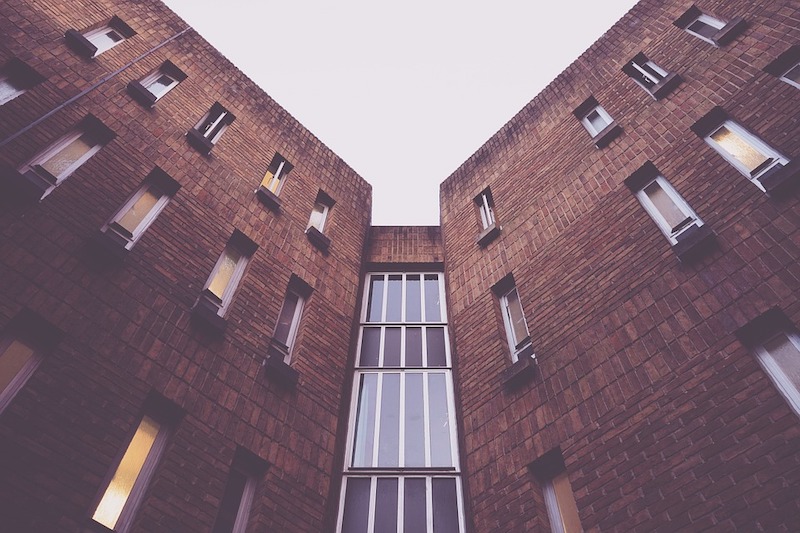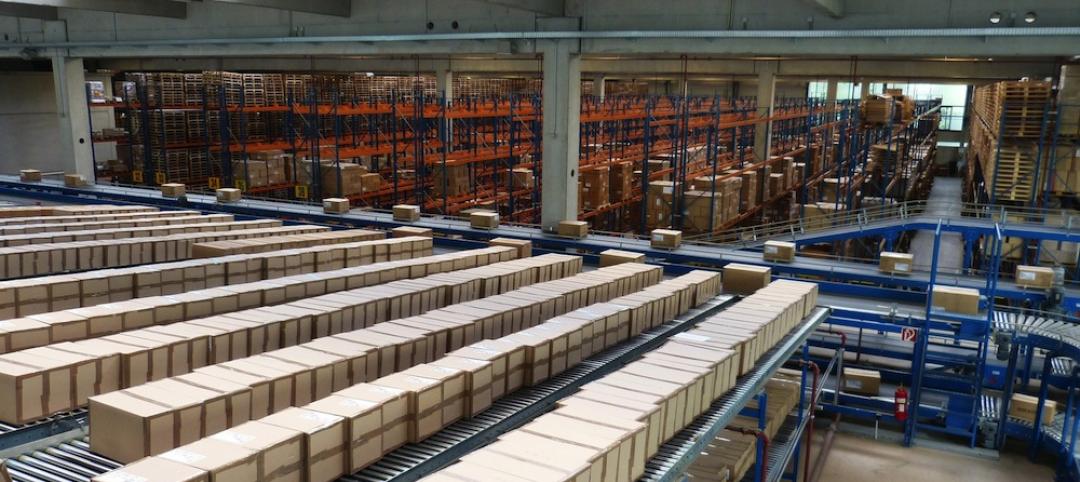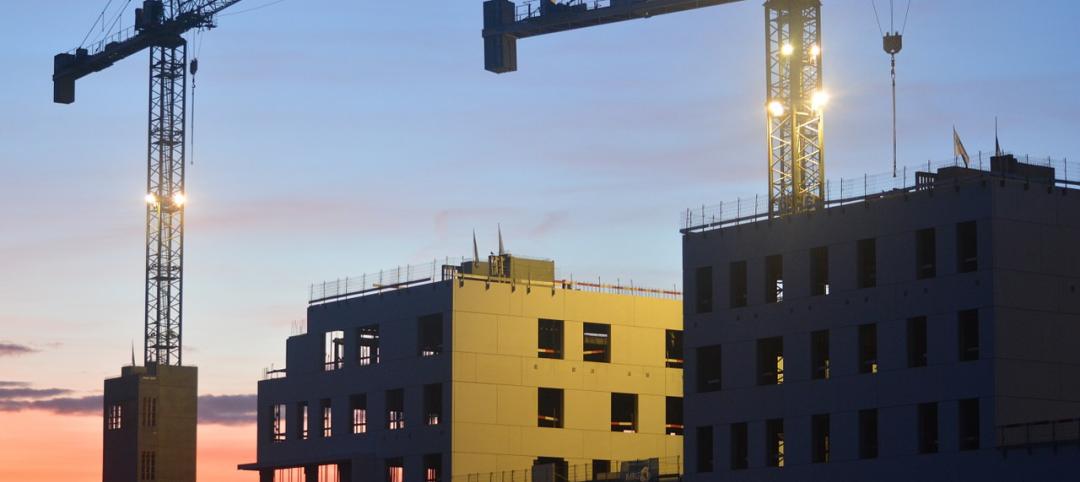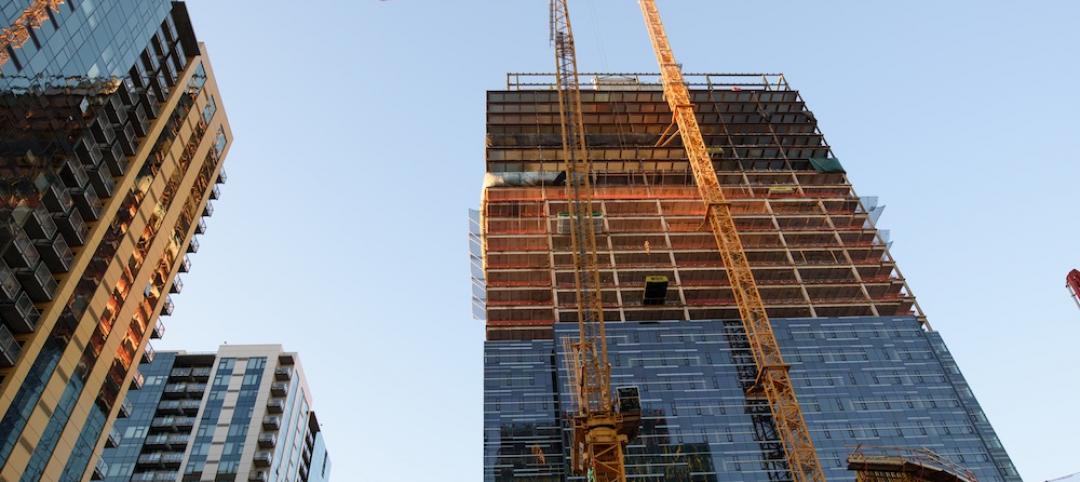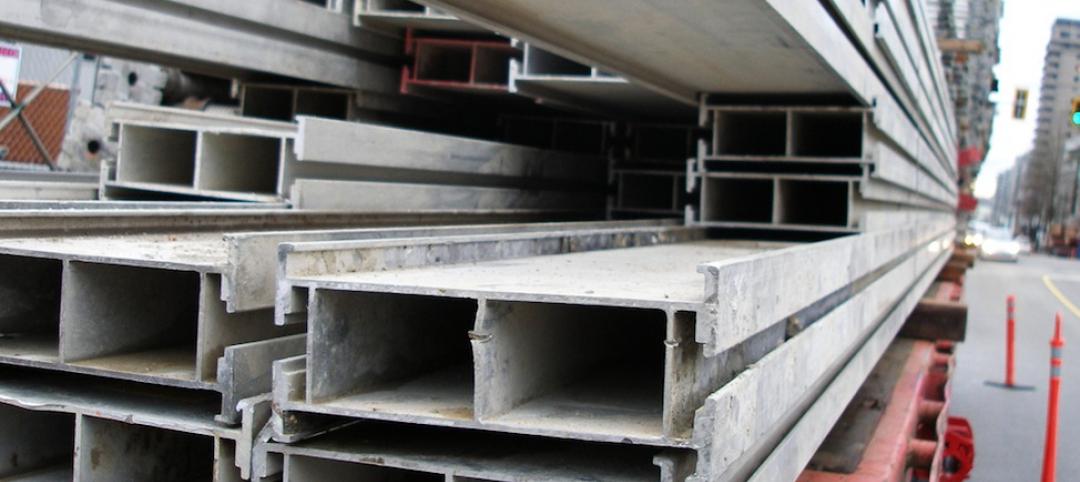A new Hoyt Advisory Services Study commissioned by the National Apartment Association (NAA) and National Multifamily Housing Council (NMHC) reveals that the apartment/multifamily industry and its residents annually contribute more than $3.4 trillion to the national economy. The new report, available at WeAreApartments.org, provides a detailed breakout of the economic impact nationally, by state, and in 50 metro areas.
New data show how different aspects of the apartment industry positively impact national, state and local economies. Resident spending contributes $3.0 trillion to the U.S. economy, while operations adds $175.2 billion. New construction contributes $150.1 billion and renovation and repair adds $68.8 billion.
Highlights from the report include:
— All four sectors of the industry have posted very strong growth, punctuated by the construction industry ramping up to meet the unprecedented demand for apartments this cycle – reaching a height of 346,900 completions in 2017, up from 129,900 in 2011.
— Previous research by Hoyt Advisory Services found that we need to build an average of 328,000 apartments per year at a variety of price points to meet existing demand, which would bring continued economic activity. This number of multifamily completions has only been surpassed twice since 1989.
— Hoyt research also found that a significant portion of the existing apartment stock will need to be renovated in the coming years, boosting spending in the renovation and repair sector.
— The combined contribution of apartment construction, operations, renovation, and resident spending equals $3.4 trillion per year, or more than $9.3 billion daily.
“The apartment industry’s contribution is one that has grown in recent years, fueled by increased rental demand overall as population and employment growth continue and renting becomes a preferred tenure choice for millions of Americans,” said Eileen Marrinan, Managing Director of Eigen 10 Advisors, which partnered with Hoyt.
“Construction is still moving ahead, as there’s a need for additional apartments in many states. And, due to an abundance of aging stock, there’s a growing need for renovations and improvements on existing apartment buildings. Construction and renovation/repair will provide a sizable boost in jobs – and the economy – nationwide, and will continue to be a hefty contribution to the country’s economy for decades,” said NMHC President Douglas M. Bibby.
“The multifamily industry is an economic engine powering the economy very significantly at the national, state and local levels,” said NAA President Robert Pinnegar. “This clearly illustrates the tremendous positive impact our apartments have on the communities they serve.”
This study provides data to back up the assertion that the apartment industry contributes to national, state and local tax economies. Tax payments associated with apartment operations, as well as tax payments by apartment residents, contributed $408.9 billion to the national economy. These taxes support schools, improvements to local infrastructure, and other critical services in communities across the country.
Related Stories
Market Data | Feb 10, 2016
Nonresidential building starts and spending should see solid gains in 2016: Gilbane report
But finding skilled workers continues to be a problem and could inflate a project's costs.
Market Data | Feb 9, 2016
Cushman & Wakefield is bullish on U.S. economy and its property markets
Sees positive signs for construction and investment growth in warehouses, offices, and retail
Market Data | Feb 5, 2016
CMD/Oxford forecast: Nonresidential building growth will recover modestly in 2016
Increased government spending on infrastructure projects should help.
Market Data | Feb 4, 2016
Mortenson: Nonresidential construction costs expected to increase in six major metros
The Construction Cost Index, from Mortenson Construction, indicated rises between 3 and 4% on average.
Contractors | Feb 1, 2016
ABC: Tepid GDP growth a sign construction spending may sputter
Though the economy did not have a strong ending to 2015, the data does not suggest that nonresidential construction spending is set to decline.
Data Centers | Jan 28, 2016
Top 10 markets for data center construction
JLL’s latest outlook foresees a maturation in certain metros.
Market Data | Jan 20, 2016
Nonresidential building starts sag in 2015
CDM Research finds only a few positive signs among the leading sectors.
Market Data | Jan 20, 2016
Architecture Billings Index ends year on positive note
While volatility persists, architecture firms reported healthy performance for 2015.
Market Data | Jan 15, 2016
ABC: Construction material prices continue free fall in December
In December, construction material prices fell for the sixth consecutive month. Prices have declined 7.2% since peaking in August 2014.
Market Data | Jan 13, 2016
Morgan Stanley bucks gloom and doom, thinks U.S. economy has legs through 2020
Strong job growth and dwindling consumer debt give rise to hope.


